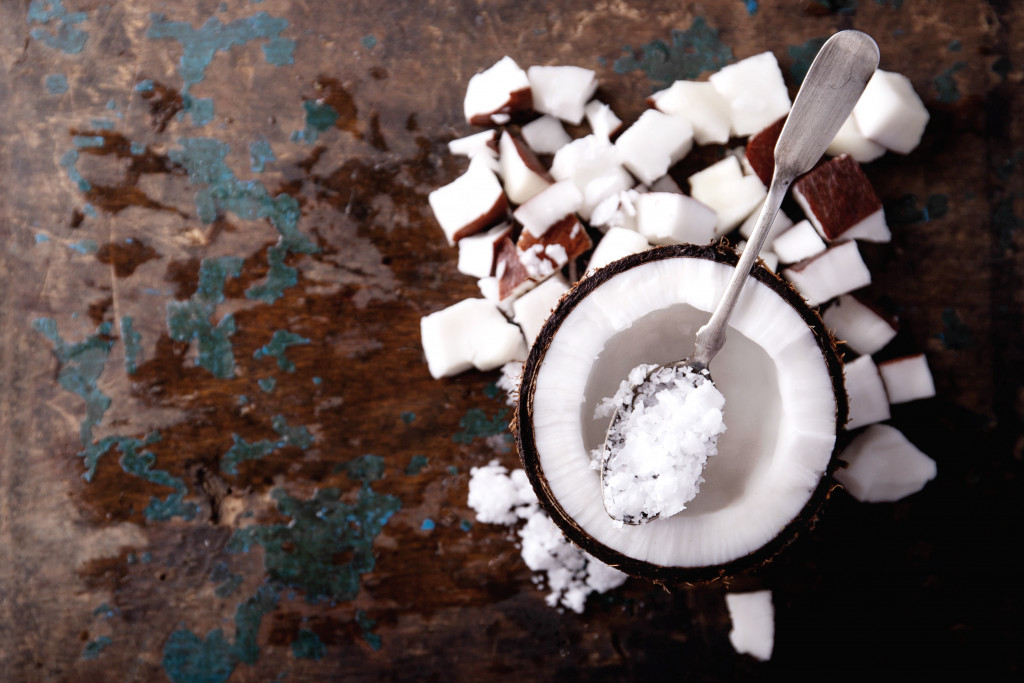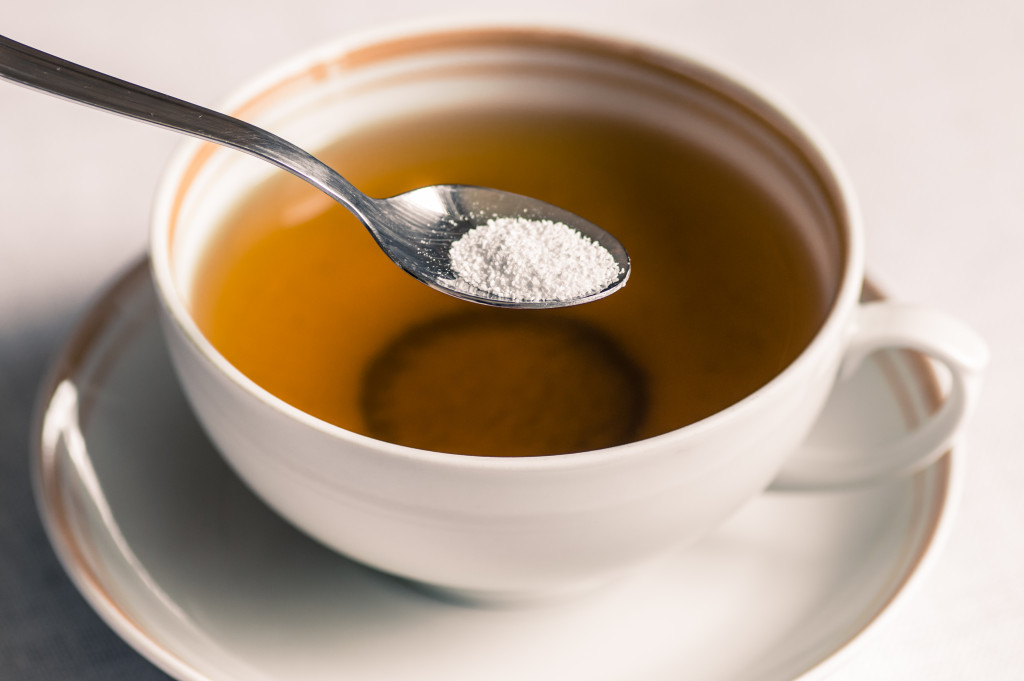- Coconut sugar is a low-glycemic alternative to regular white sugar, is rich in minerals and has a pleasant caramel-like taste.
- Stevia is a natural sweetener with zero calories, making it ideal for those looking to cut down on sugar intake.
- Monk fruit sweeteners are low-calorie and intensely sweet.
- Date sugar is made from grinding dried dates and contains more fiber than white sugar.
- Blackstrap molasses is a source of vitamins and minerals and antioxidant resveratrol.
With an ever-growing awareness towards healthier lifestyles, it’s only right that one should consider reducing sugars in their diet. There are many things to consider when considering substitutes for your favorite sweet treats, so let’s start. Here is an introduction to five natural sugar alternatives and why they can help you make your lifestyle healthier.
1. Coconut Sugar
Coconut sugar is derived from the sap of coconut palms and is known for its low glycemic index — meaning it doesn’t cause blood sugar spikes as regular white sugar does. It’s also rich in minerals such as potassium, magnesium, zinc and iron, which helps with energy production and strengthening of your immune system. Its natural sweetness makes it a great substitute for regular sugar in recipes, and has a pleasant caramel-like taste.
Here are other benefits of coconut sugar:
Low Glycemic Index
Coconut sugar has a much lower glycemic index than regular white sugar, making it an excellent alternative for those looking to manage their blood sugar levels. Coconut sugar also has a milder taste than other natural sweeteners and is less likely to cause cravings. The low glycemic index of coconut sugar means it won’t spike your blood sugar as quickly, allowing you more control over your overall health.
Nutritional Benefits

Unlike regular white sugar, coconut sugar brings added nutritional benefits due to its mineral content. It contains potassium, magnesium, zinc and iron, which help produce energy and support the immune system. As well as this, coconut palm sugar contains 16 essential amino acids.
Natural Sweetener
Coconut sugar is a natural sweetener with a pleasant caramel-like taste, making it ideal for baking and other recipes. It can be used as a direct replacement in recipes, or you can experiment with adding different flavorings to your dishes, such as cinnamon or nutmeg. Coconut sugar also makes an excellent topping for oatmeal, cereal, muffins, and cakes.
Sustainable Production Process
Unlike white sugar, which is derived from cane fields that require large amounts of water and fertilizer, coconut palm sugar is sourced from the sap of the coconut tree using a sustainable production process. This means that no artificial or harsh chemicals are involved in producing coconut sugar, making it a more eco-friendly and sustainable option.
2. Stevia
Stevia is an all-natural sweetener derived from the leaves of the stevia plant. It contains zero calories and no carbohydrates, making it an ideal choice for those looking to cut down on their sugar intake without sacrificing taste. Studies have shown that stevia can help to reduce blood sugar levels, which is great news for diabetics or people with pre-diabetes who need to watch their sugar consumption closely. The downside to stevia is its bitter aftertaste, so bear that in mind if using it as an alternative sweetener.
3. Monk Fruit Sweeteners
Monk fruit sweeteners are becoming increasingly popular due to their low-calorie content and intense sweetness. It is derived from the extract of a Southeast Asian melon and can be used as a direct one-to-one replacement for regular sugar in most recipes. A pure monk fruit sweetener adds sweetness to your coffee or tea without the added calories. It has also been linked with aiding your digestive health due to its anti-inflammatory properties.
4. Date Sugar

Date sugar is made by grinding dried dates into powder form — so you can guess that it adds an intensely sweet flavor when used as a substitute for white sugar. Not only does it have fewer calories than regular white sugar, but it also contains more fiber, and it’s a great source of antioxidants. It can be used in baking, although bear in mind that it doesn’t melt or dissolve the same way regular sugar does — so if you’re using it to sweeten drinks, try blending it into smoothies for the best results.
5. Blackstrap Molasses
Blackstrap molasses is derived from sugar cane and has been used for centuries for culinary and medicinal purposes. It contains vitamins and minerals such as iron, calcium, magnesium, manganese, potassium and zinc, which help nourish your body while providing a delicious taste. It also contains the antioxidant resveratrol, which helps to reduce inflammation in the body. The downside to blackstrap molasses is its high-calorie content, so use it in moderation if you’re watching your weight.
In Summary
So there you have five natural sugar alternatives that are healthier than regular white sugar and can help make your lifestyle much more nutritious. Each has its benefits and drawbacks, so research before making the switch! Whichever alternative you choose, always remember to use it in moderation for maximum health benefits.